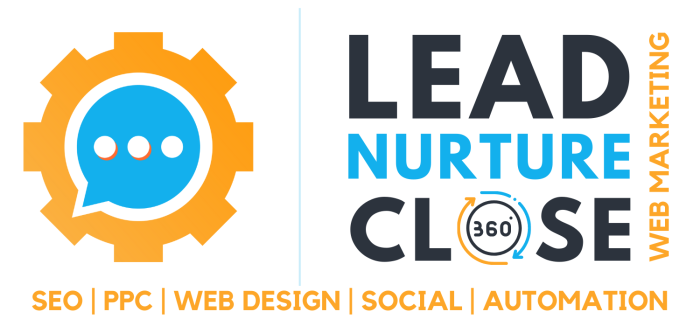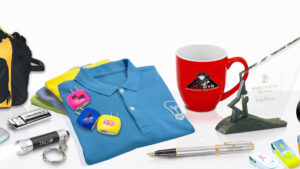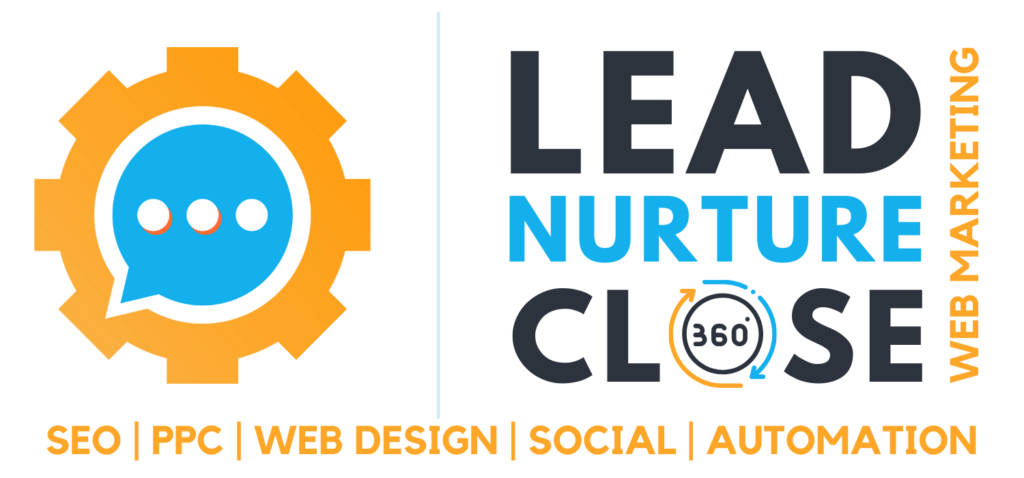Your brand is you. It’s the foundation of your business, the face of your products and services, and the voice that tells people who you are. But how can you ensure your brand is relatable to a wide range of people? A survey found that 46% of consumers will pay more for a product or service when it comes to a brand they trust and can relate to. Let’s look at some powerful ways to make your brand more relatable to your customers.
1. Showcase Your Personality
The best brands have a personality all their own. They’re unique, authentic, and engaging — just like their creators. When customers feel like they know you, they’ll be more inclined to do business with you. The most successful brands have a distinct personality that reflects their mission and vision. They know who they are, what they stand for, and why they do it.
How can you showcase your brand’s personality? Step away from traditional marketing messages and tell stories instead. These can be short anecdotes about real people who use or love your product or service that don’t have anything to do with price or features. Here’s another approach. Instead of talking about what makes your product unique, talk about how it makes people feel when they use it (e.g., “This is not just another fitness tracker — it’s a fitness tracker that helps me stay motivated”). People relate better to stories than facts and figures anyway!
2. Use Social Media Channels Appropriately
Social media has become an important part of modern marketing strategies for many businesses, but it’s not easy to use these channels effectively. It’s important to know which types of social media posts will resonate most with your audience and what types of content they want from you. This will take consistent posting and monitoring the response you get to each one. You’ll notice patterns with what people respond to. Once you do, start to produce more of it!
3. Be Helpful and Available
Be helpful. If someone asks for information about your products or services, give them all the information they need to decide based on facts and not just hype or fluff that may or may not be true. People like interacting with other people — not faceless corporations or faceless brands. Be sure there are real people behind your brand, so that customers can relate to them on a personal level. For example, if someone has a question about your product or service and reach out via email or phone, they should find someone who can help them immediately. They shouldn’t have to go through layers of automated customer service first.
4. Be Transparent and Human
People love brands that they can relate to because they know what to expect from them. If you’re honest about your mistakes and weaknesses, it shows you are human, which makes people more likely to trust you because they know you’re not trying to deceive them or hide anything from them.
If something goes wrong, don’t try to sweep it under the rug. Instead, be honest about what happened and why. In most cases, people will respect that honesty more than if you tried to hide something from them. Don’t be afraid to share the real you with your audience. It will help them connect with your brand on an emotional level and make them feel like they are part of the story.
5. Add a Little Humor
Humor is a great way for brands to connect with their audience because it allows people who may not have anything in common other than their love of the product or service to get closer through shared experiences and interests. The more humorous your content is, the more likely people will engage with it and share it on social media platforms such as Facebook and Twitter, so other people can enjoy it! Be careful though. Humor can be tricky, and you risk offending someone if you don’t hit the mark. Avoid posting political humor too.
6. Be Authentic
Be authentic with everything you do — even if it means sharing some less-than-perfect moments in life (e.g., pictures from vacations gone wrong). People love authenticity! Authenticity is about being transparent, open, and honest about who you are, what you do, and why you do it. It’s about showing that side of your personality that makes you human, not just another business owner looking to make money from his passion project.
You can’t fake authenticity. If you try to please everyone, you’ll end up pleasing no one. And if you try too hard or try to be something other than who you are, people will see through it — and they won’t trust you.
7. Build a Sense of Community Around Your Brand
The best brands are ones that make you feel like you’re part of a community, even if you’ve never met them before. One way to do this is to showcase customer stories. When customers share their experiences with your products or services, they’re helping tell the story of who you are as a business. You can showcase these stories in blog posts or videos on social media. Be sure to get their permission first! This will give people insight into what makes your business unique, which helps build trust between them and your company.
A brand can make or break a business, but it’s not just about what you say. It’s how you say it. The way you present your brand to the world reflects who you are, and it sets the tone for how people perceive your company. Don’t underestimate the power of good branding: it’s an essential part of any successful business, no matter how small or large. Make sure your brand is relatable!
References:
“How To Take Your Brand Personality From Good To Great – Forbes.” 19 Oct. 2021, .forbes.com/sites/forbescommunicationscouncil/2021/10/19/how-to-take-your-brand-personality-from-good-to-great/.
“What Is Brand Personality? Definition and Examples.” 25 Feb. 2020, .indeed.com/career-advice/career-development/brand-personality.
“10 Branding Statistics You Need to Know in 2022 [Infographic] – Oberlo.” .oberlo.com/blog/branding-statistics.

















